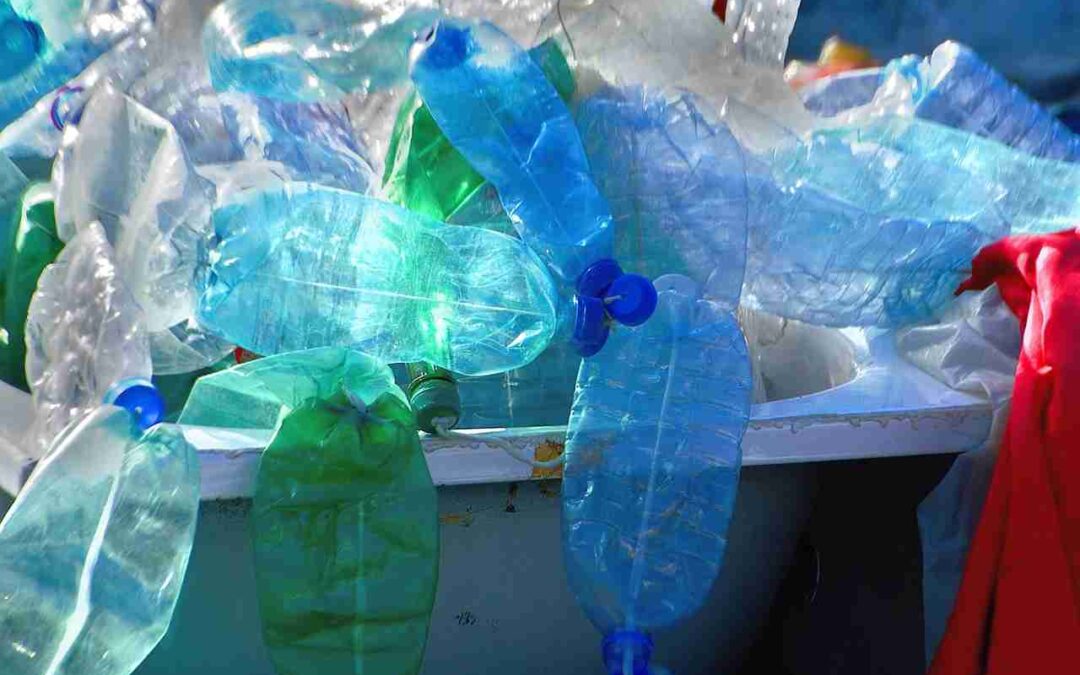The Menace of Plastic Pollution: A Growing Environmental Crisis
Plastic pollution has emerged as one of the most pressing environmental issues of our time. With the mass production of plastic products that began in the 1950s, the world has witnessed an exponential increase in plastic waste, causing severe repercussions for our planet’s ecosystems, wildlife, and human health.
The Scale of the Problem
Each year, an estimated 8 million tons of plastic waste enters the oceans, equivalent to dumping a garbage truck of plastic every minute. This staggering statistic highlights the scale of the problem and the urgent need for comprehensive solutions. The durability of plastic, which makes it so useful in daily life, also means it can persist in the environment for hundreds to thousands of years, breaking down into microplastics that contaminate water, soil, and living organisms.
Environmental Impact
Marine life bears the brunt of plastic pollution. Sea turtles, seabirds, fish, and marine mammals often mistake plastic debris for food, leading to ingestion and entanglement, which can result in injury or death. Studies have found that nearly 90% of seabirds have plastic in their stomachs. Moreover, microplastics have infiltrated the deepest parts of the ocean, affecting organisms at every trophic level, from plankton to large predators.
On land, plastic pollution disrupts ecosystems and harms wildlife. Animals can become entangled in plastic waste, and toxic chemicals leached from plastics can contaminate soil and waterways, posing risks to both flora and fauna. The presence of plastic in agricultural soils can affect crop growth and soil health, ultimately impacting food security.
Human Health Concerns
Humans are not immune to the effects of plastic pollution. Microplastics have been found in drinking water, seafood, and even the air we breathe. These tiny plastic particles can carry harmful pollutants and chemicals, posing potential risks to human health. Research is ongoing to understand the full impact of microplastic ingestion on the human body, but concerns include inflammation, toxicity, and disruption of endocrine functions.
Solutions and Actions
Addressing plastic pollution requires a multifaceted approach. Governments, industries, and individuals all have roles to play. Policies such as plastic bans, improved waste management systems, and extended producer responsibility can significantly reduce plastic waste. Innovations in biodegradable materials and recycling technologies are also crucial in mitigating the problem.
Consumers can contribute by reducing their use of single-use plastics, supporting companies that prioritize sustainability, and participating in community clean-up efforts. Education and awareness campaigns can empower people to make informed choices and advocate for stronger environmental protections.
Plastic pollution is a formidable challenge that necessitates immediate and sustained action. By collectively embracing sustainable practices and supporting policies aimed at reducing plastic waste, we can protect our environment and ensure a healthier future for all living beings. The fight against plastic pollution is a shared responsibility, and it is imperative that we act now to safeguard our planet for future generations.

